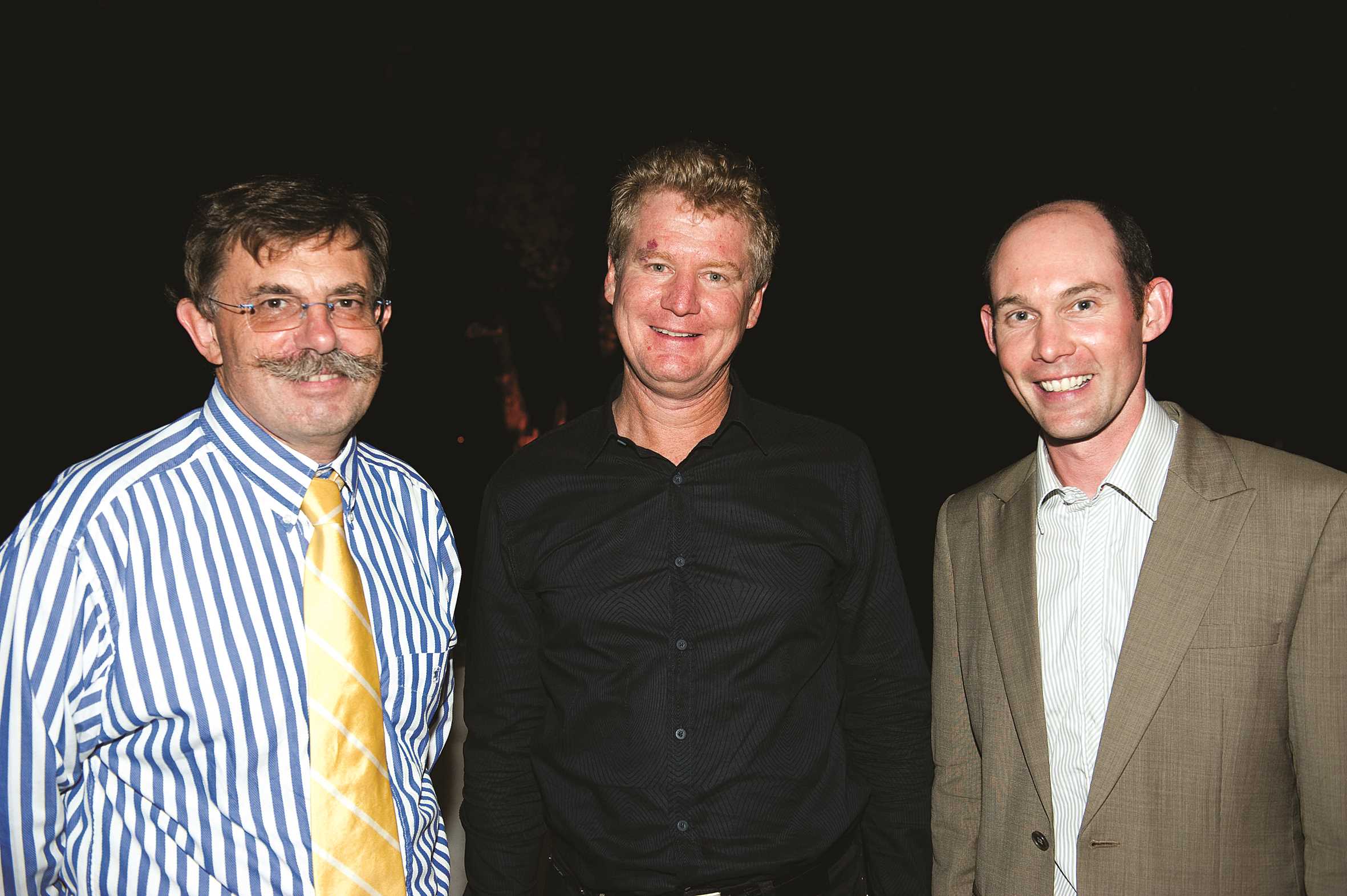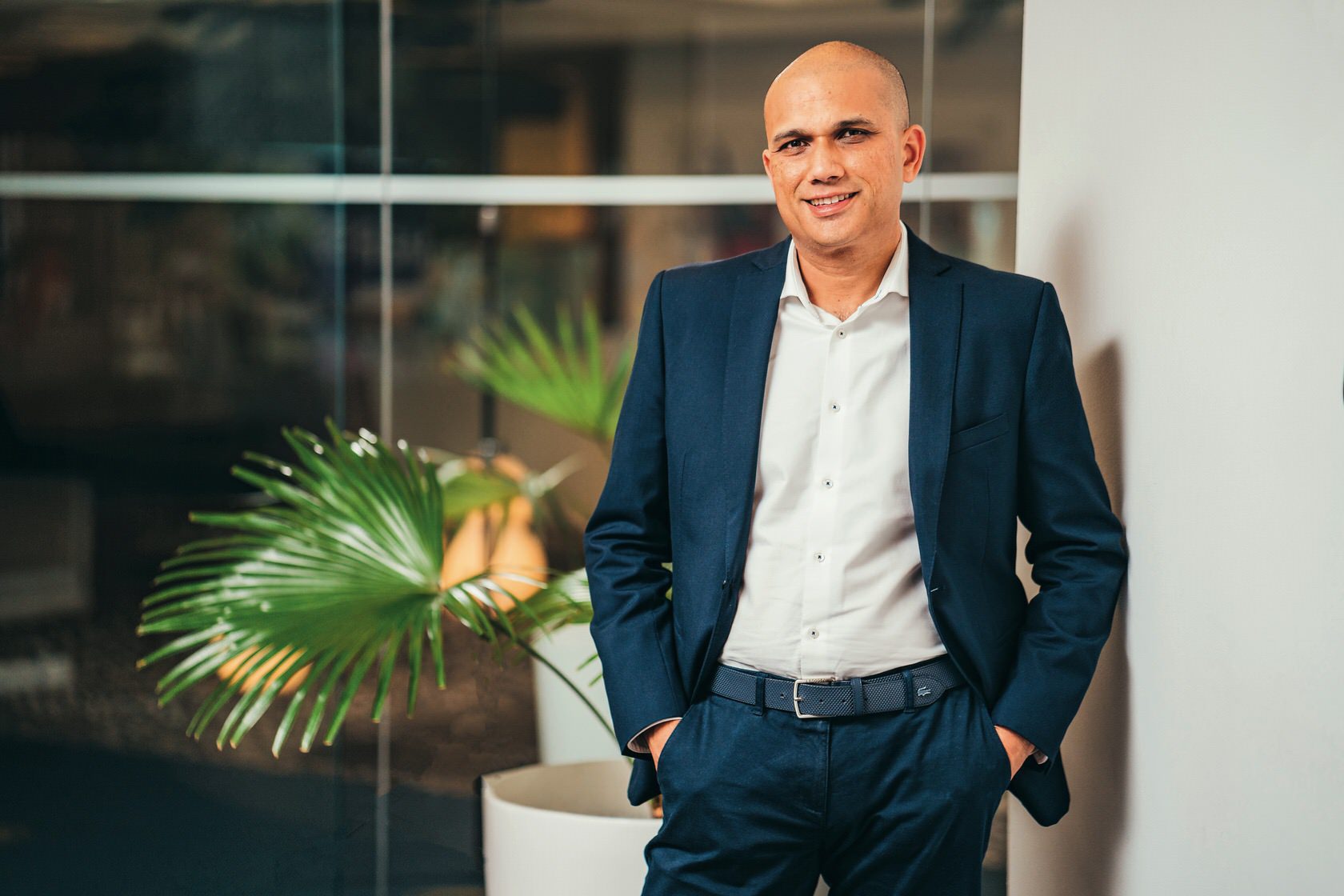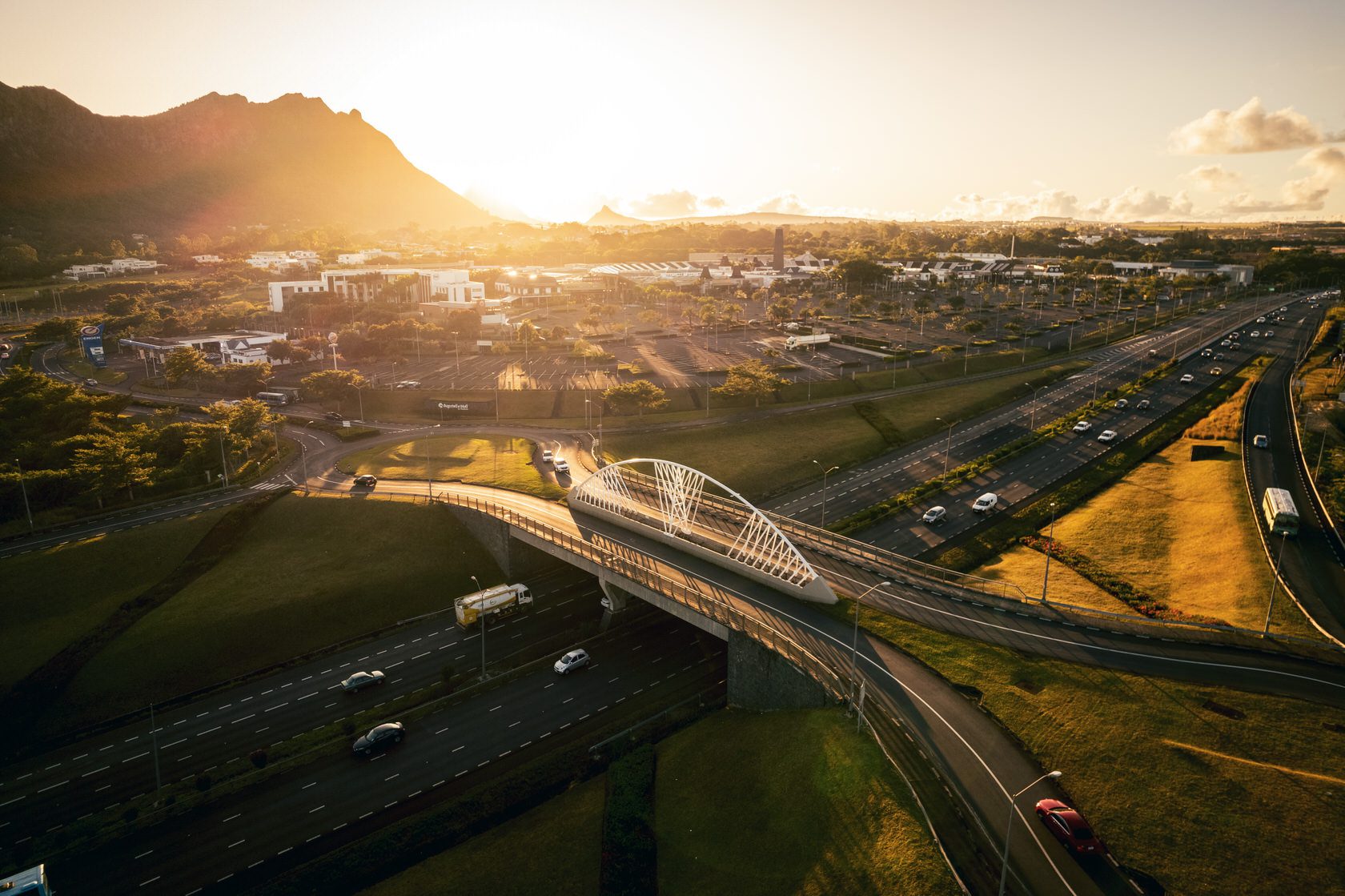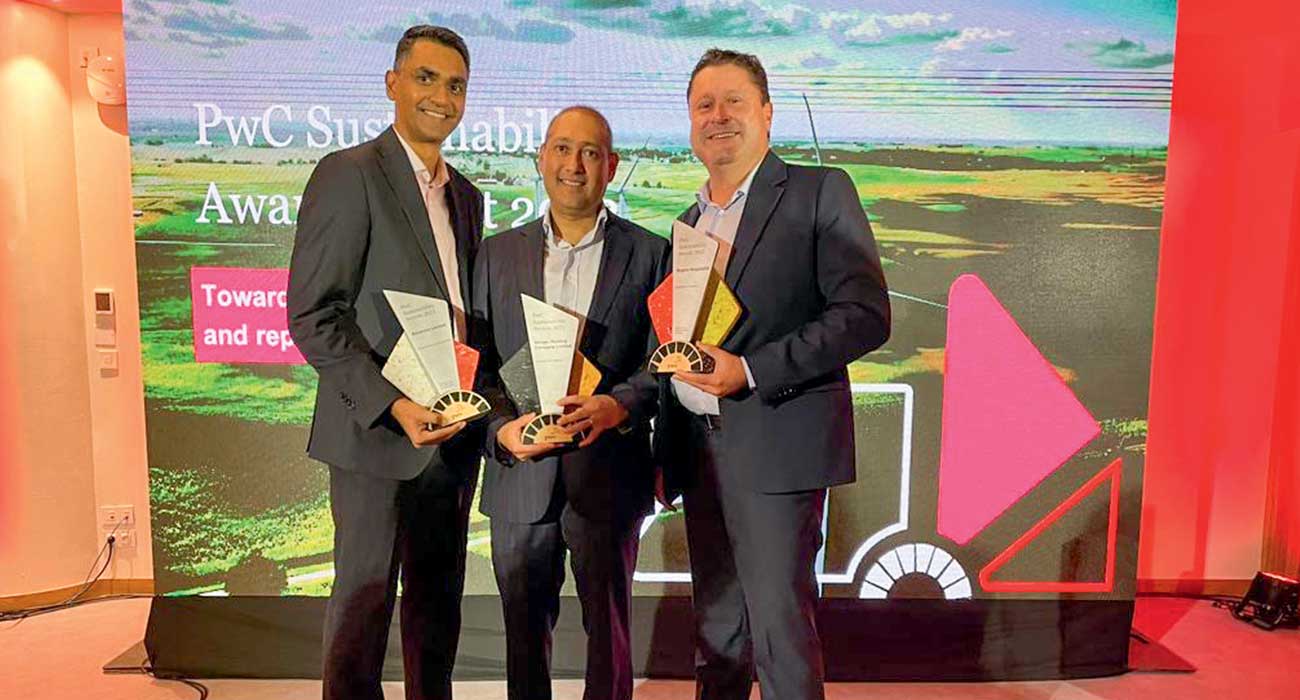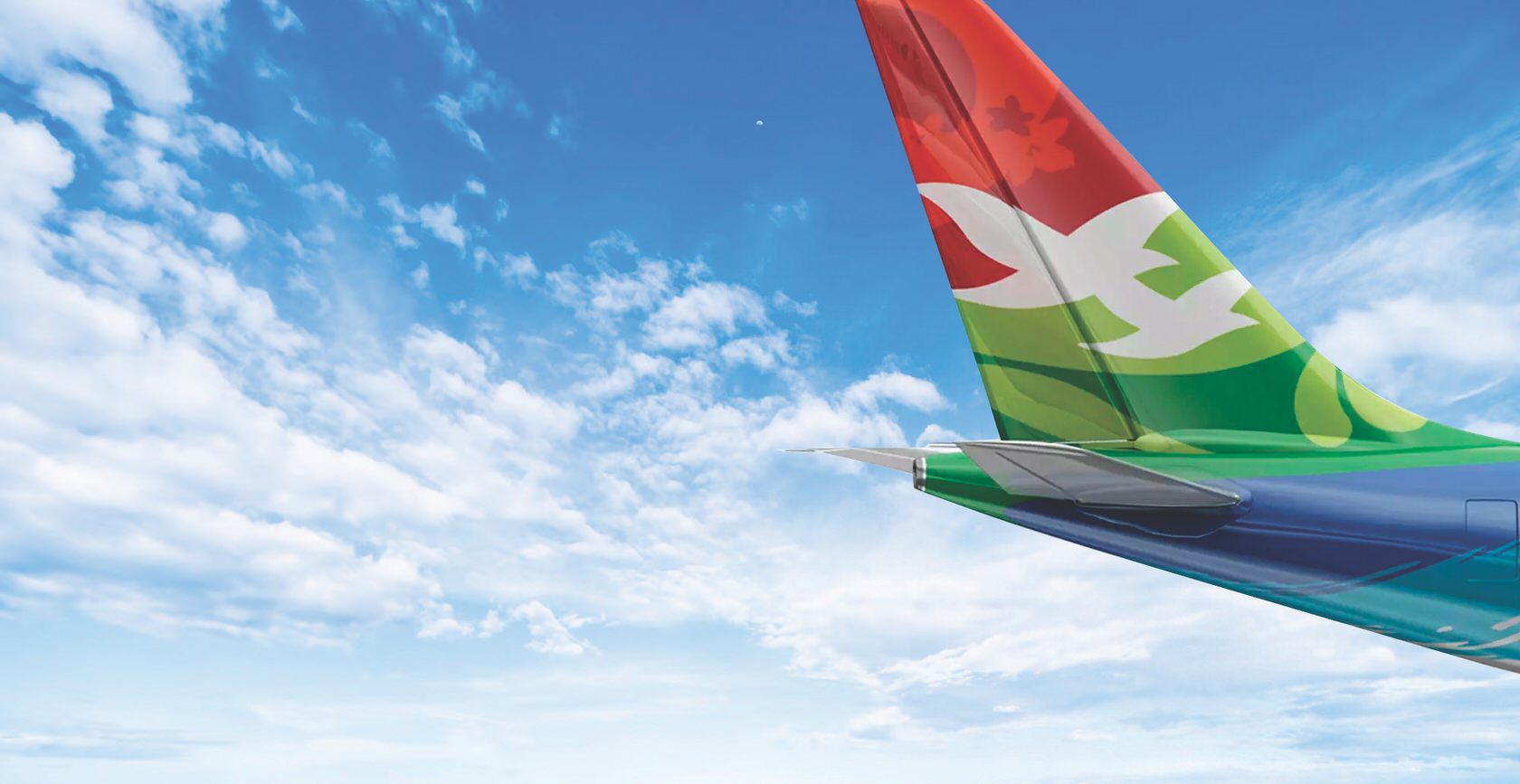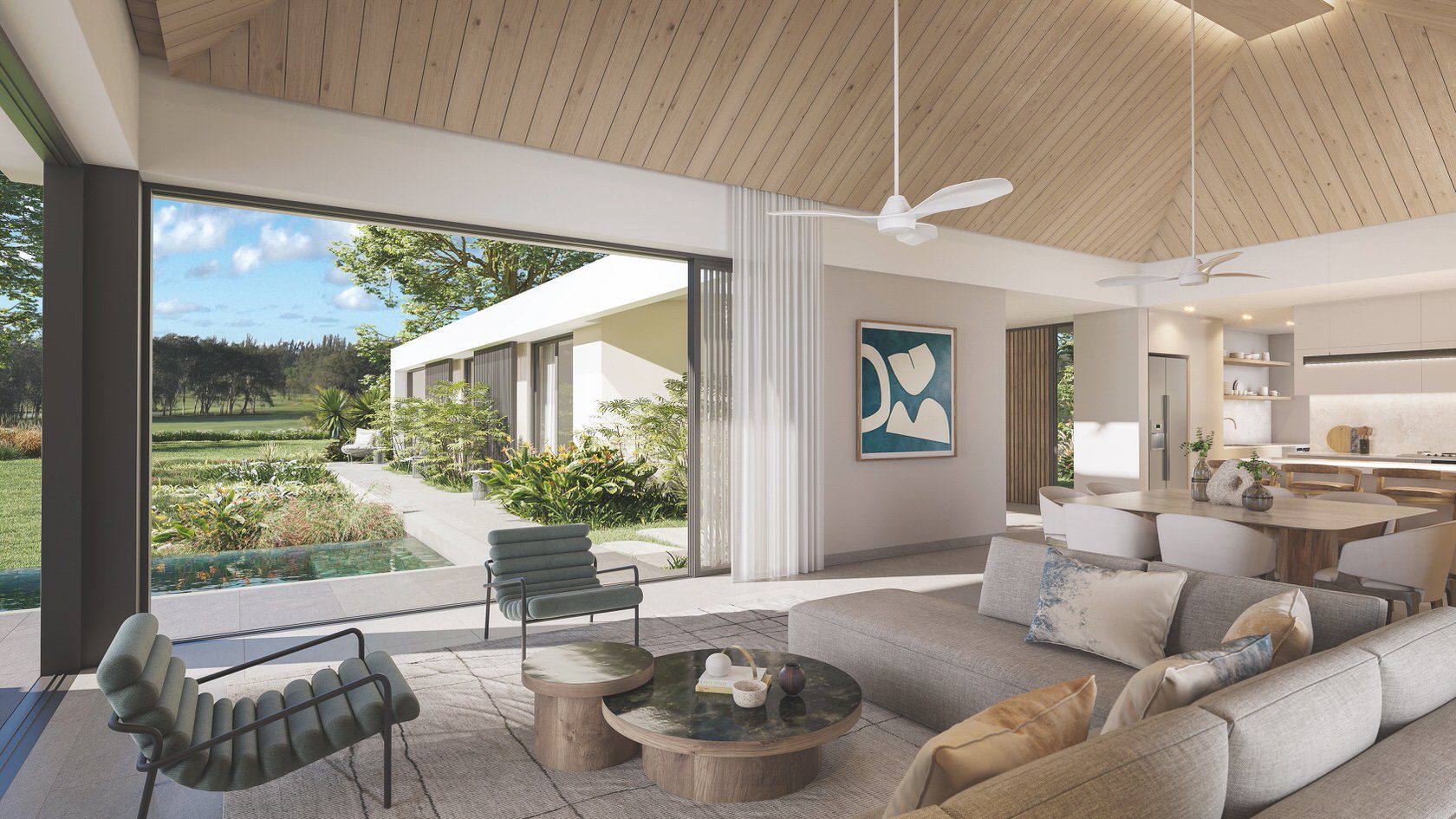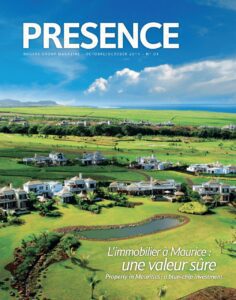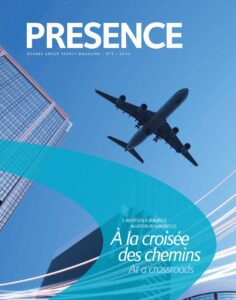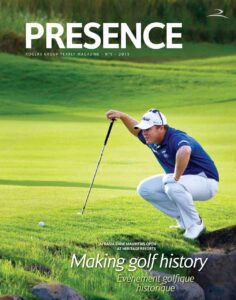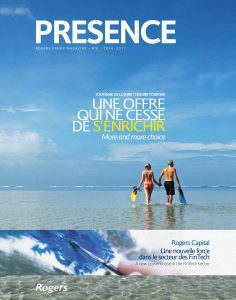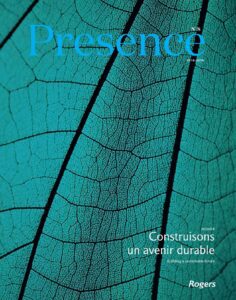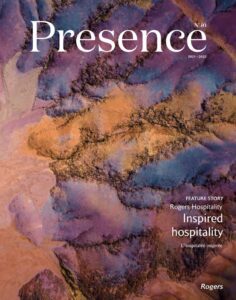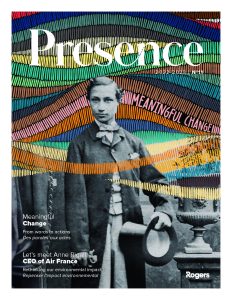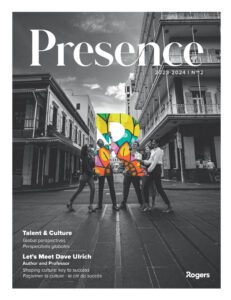Erik Fouquart (left) and Bruno Besnéhard, former and current representatives of Air France, either side of Philippe Espitalier-Noël
“When I arrived in Mauritius, I hadn’t expected to find such a dynamic business environment everywhere, and particularly at Rogers. It reminds me of the energy I found when I was working in Brazil. And for a small country, that quite surprised me. In the way the GSA works, I noticed a very good compromise between cultural attitudes, between detailed French planning and British pragmatism”. As an Air France member of staff, his analysis is all the more pertinent as he has also been posted to London in the past.
“I also remain very favourably impressed by the close working relationship between the companies. It first arose out of necessity but we have sensibly developed it since. In the beginning, the airline chose to use a GSA to minimise its expenditure, especially on staff costs, and because a GSA is more knowledgeable about the local economic, fiscal and administrative situation. As the years go by, you realise that, with the kind of effective partnership we have here, we can achieve a degree of flexibility that allows a lot of things, including being able to handle crisis cost-effectively. There is considerable advantage in stability and it inspires confidence. Since the arrival of the first Air France representative in 1978, we have progressed a great deal in this sense. As proof, for the last five years we have had an open-book arrangement”.
As for South African Airways, the formula also seems to lead to good results as Air France sales in 2010 reached 12 million euros, 6% up on 2009 and back to the levels of 2007, before the global financial crisis.

